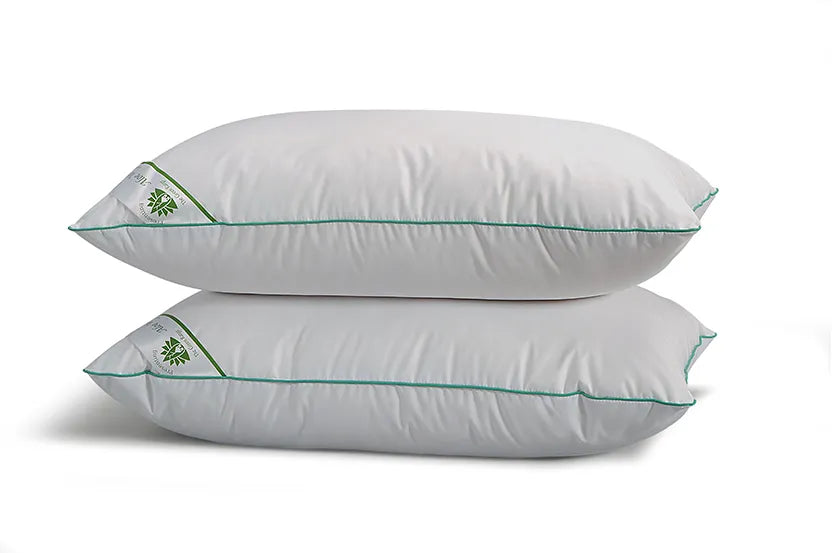Sleep is often considered a period of rest, but your body is far from inactive. Even while you’re catching some Zs, your body continues to work in many ways, burning calories and maintaining essential functions. Let’s explore how your body uses energy while you sleep and what factors influence this process.
The Role of Metabolism in Burning Calories During Sleep
Metabolism is the key to understanding how your body uses calories, even when you're asleep. It refers to all the chemical processes that take place in your body to maintain life, including breathing, cell repair, and circulation.
During sleep, your basal metabolic rate (BMR) stays active. BMR is the amount of energy required to keep basic body functions operating, like pumping blood and maintaining body temperature. Even though you are not moving around, these processes require a significant amount of energy.
The rate at which your body uses calories during sleep depends on factors like your age, weight, and overall health. A younger person with more muscle mass may burn more calories than an older person or someone with higher body fat. This is because muscle tissue requires more energy to maintain than fat tissue, even when at rest.
How Many Calories Do You Burn While Sleeping?
On average, a person burns about 50–70 calories per hour of sleep, depending on various factors. The number of calories burned is linked to your BMR, which typically makes up around 60-75% of your total daily energy expenditure.
If you sleep for eight hours, you could burn between 400 and 560 calories in a single night. This amount can vary widely based on individual characteristics like weight, height, and metabolic rate. For instance, a heavier individual will likely burn more calories due to the greater energy needed to maintain their bodily functions.
Factors Affecting Calories Burned While Sleeping
Several factors determine how many calories you burn while you sleep. Body composition plays a major role—people with more muscle mass tend to burn more calories, even at rest. Gender also influences calorie burning; typically, men burn more calories than women due to higher muscle mass.
Age is another factor. As people age, they tend to lose muscle mass, which can lead to a decrease in the number of calories burned. Additionally, hormone levels, particularly thyroid hormones, play a role in regulating metabolism and, therefore, calorie burning during sleep.
The Importance of REM Sleep in Calorie Burning
REM (Rapid Eye Movement) sleep is a crucial stage of the sleep cycle, not only for cognitive functions like memory consolidation but also for calorie burning. During REM sleep, brain activity increases significantly, almost resembling wakeful activity levels.
This increased brain activity requires more energy, contributing to higher calorie usage during this sleep phase. The body’s metabolic rate can increase during REM sleep as the brain processes information and repairs itself. Ensuring you get enough REM sleep is vital, not just for mental health, but also for maintaining a higher level of energy expenditure during sleep.
How to Optimize Sleep for Better Calorie Burning
If you want to make the most out of the calories you burn while sleeping, optimizing your sleep routine is crucial. While you cannot directly control how many calories your body uses during sleep, you can adopt practices that promote quality sleep, which supports overall metabolism.
Maintaining a Consistent Sleep Schedule
Consistency is key when it comes to sleep. Going to bed and waking up at the same time every day helps regulate your body's internal clock, which can enhance your sleep quality. Better sleep quality means more time spent in deep and REM sleep, both of which are linked to improved metabolic function and greater calorie burning.
Creating an Ideal Sleep Environment
Your sleep environment can have a significant impact on the quality of your rest. A cool, dark, and quiet bedroom can help you fall asleep faster and stay asleep longer. Reducing exposure to screens before bedtime can also enhance melatonin production, the hormone responsible for inducing sleep.
You can also focus on comfort. Investing in a good-quality mattress and pillows can lead to better support, which can prevent restlessness and improve overall sleep quality, thereby helping in calorie burning during sleep.
The Connection Between Sleep Quality and Weight Management
Quality sleep is closely linked to effective weight management. Poor sleep quality can lead to hormonal imbalances, especially those regulating hunger, like ghrelin and leptin. When sleep-deprived, the body tends to produce more ghrelin, the hunger hormone, and less leptin, the hormone that signals fullness.
This imbalance can lead to increased calorie intake, counteracting any calories burned during sleep. Therefore, ensuring you get enough quality sleep can aid in weight management by both reducing calorie consumption and enhancing calorie burning through optimized metabolic functions.
Final Thoughts on Burning Calories During Sleep
While sleep may seem like a passive state, your body remains busy, carrying out critical processes that require energy. From maintaining metabolism to the role of REM sleep, understanding how your body burns calories during sleep can help you appreciate the importance of quality rest.
By adopting good sleep habits, you can ensure that your body burns calories more efficiently, supporting overall health and weight management goals. Remember, quality sleep is an essential piece of the puzzle when it comes to maintaining a healthy lifestyle. For a truly restful experience, consider investing in high-quality luxury bedding products, like those from Homescapes, which offer comfort and support to enhance your sleep quality.





































